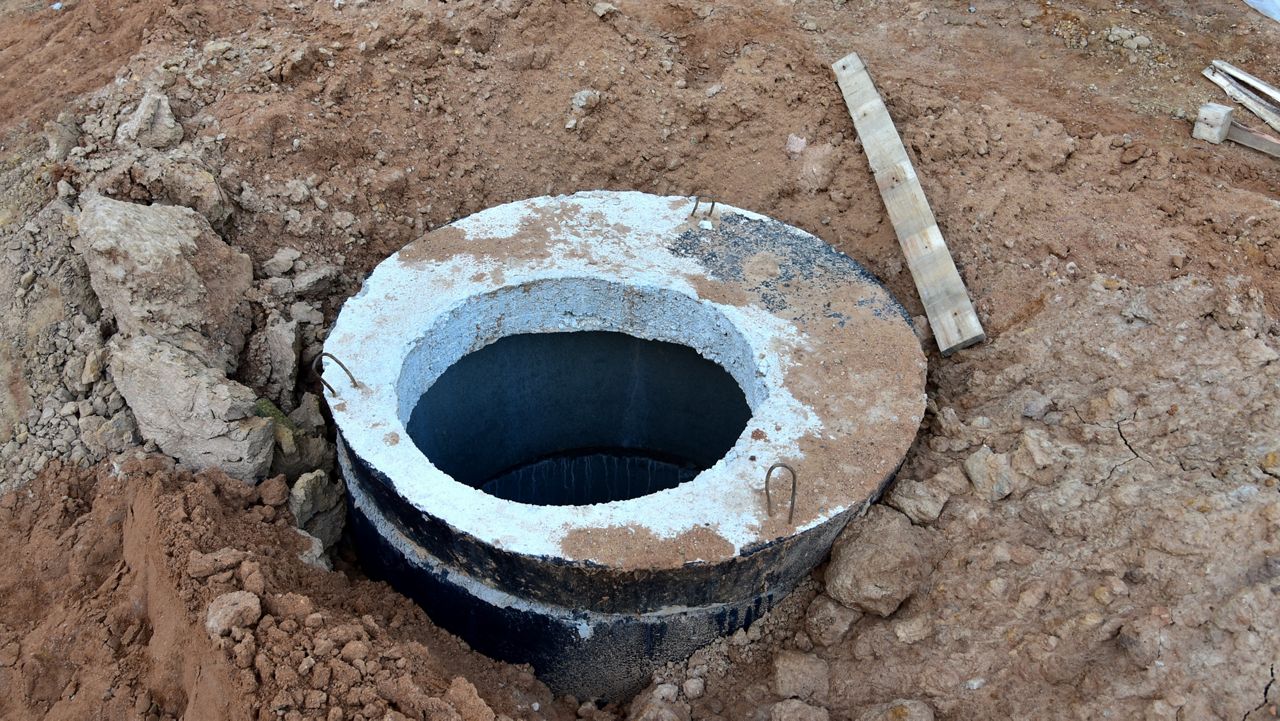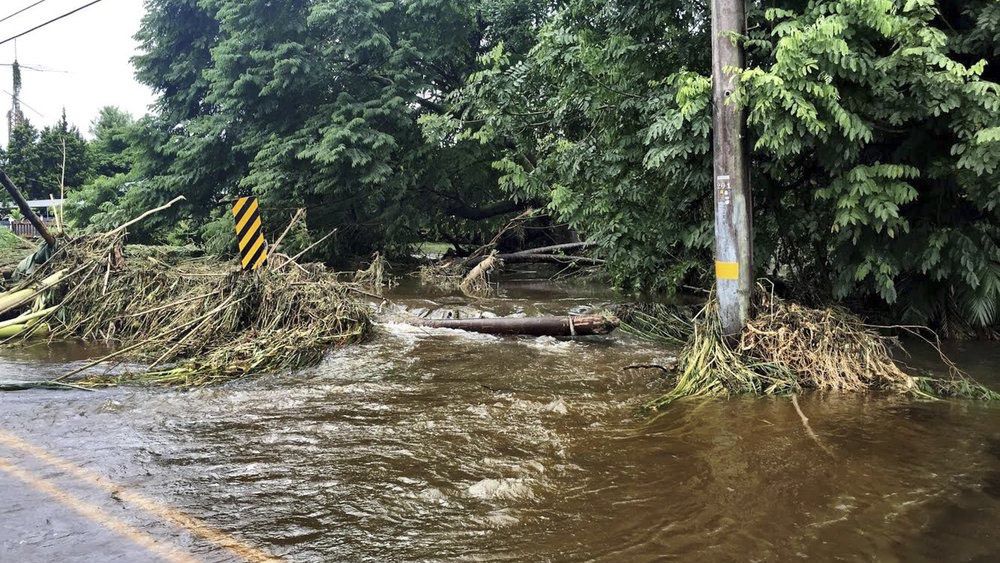On Friday, the Department of Health announced a pilot cesspool grant program that will help homeowners upgrade or convert their cesspools or connect to an available sewage system.
Grant recipients will receive up to $20,000 in reimbursements for cesspool conversion or connection costs.
There are 88,000 cesspools across the Hawaiian Islands, which leak raw sewage directly into the ground and often flow into the ocean.
In 2017, Hawaii’s legislature passed a law requiring that cesspools be upgraded by 2050.
The pilot cesspool grant program will assist low and moderate-income families, including lessees on Hawaiian Home Lands.
To qualify for a grant, an applicant must not have a household income exceeding 140% of the Area Median Income, which the U.S. Department of Housing and Urban Development determines.
Also, cesspools must be priority level 1 or 2. Cesspools along the coastline and those in important watersheds are often targeted for removal or replacement. The University of Hawaii’s cesspool hazard assessment and prioritization tool can be used to determine if a cesspool is a priority level 1 or 2.
For the pilot program, $5 million has been allocated, with half a million of the funds going to administrative costs and the remainder going toward grants. A total of 225 grants will be issued. Grants will be awarded on a first-come, first-serve basis.
Michelle Broder Van Dyke covers the Hawaiian Islands for Spectrum News Hawaii. Email her at michelle.brodervandyke@charter.com.






